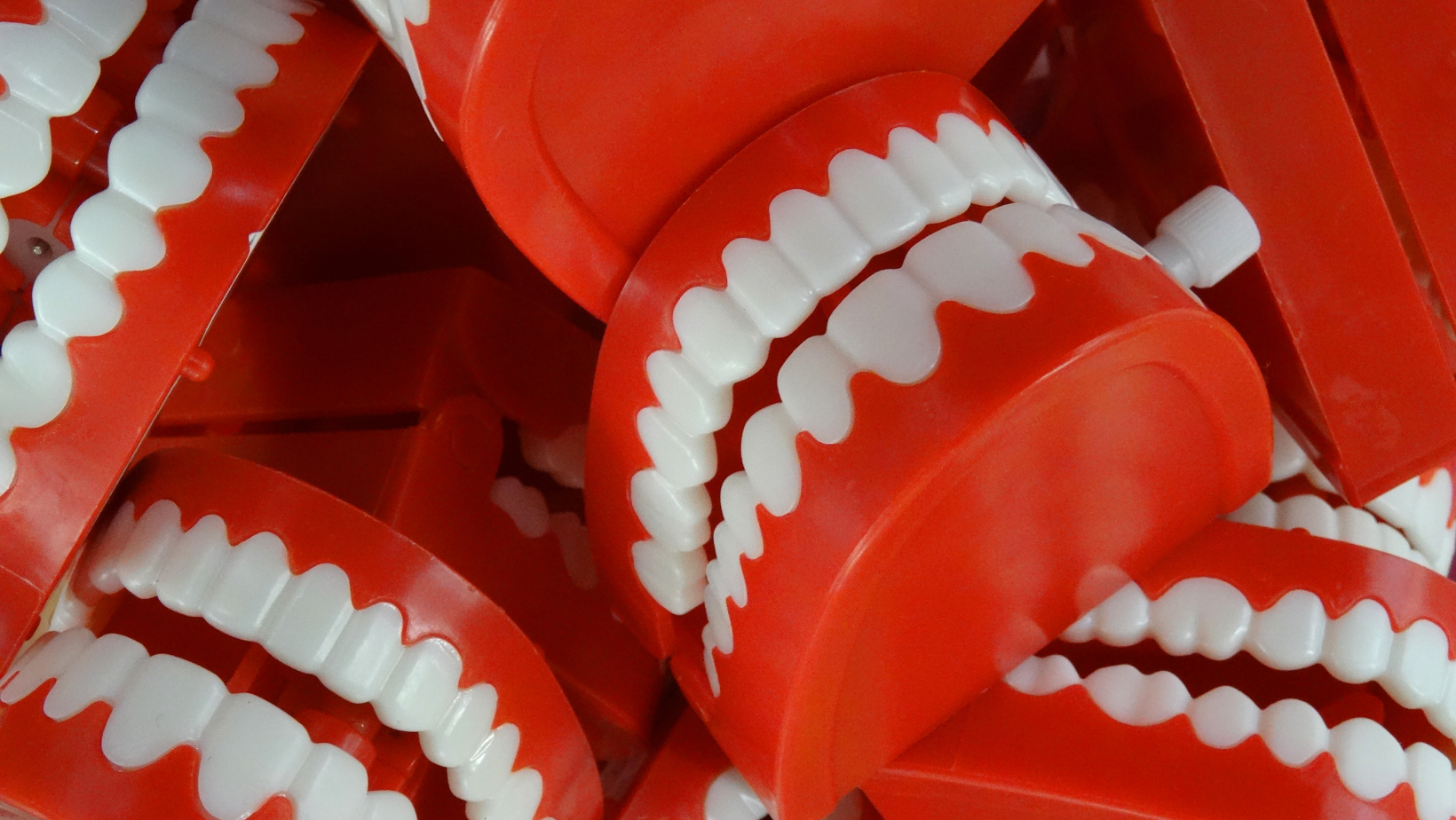Why do you grind your teeth at night
Why do you grind your teeth at night? What causes it? How can it be stopped?
Clenching and grinding your teeth is a common involuntary reaction to anger, fear, or stress. In some people, this reaction plays out repeatedly through the day, even if they aren’t responding to an immediate stressor. This involuntary teeth grinding is known as bruxism.
Bruxism can happen while awake or asleep, but people are much less likely to know that they grind their teeth when sleeping. Because of the force applied during episodes of sleep bruxism, the condition can pose serious problems for the teeth and jaw and may require treatment to reduce its impact.
Why is teeth grinding harmful?
Teeth grinding can cause several problems:
- Changes in how you look (aesthetic problems) and your facial profile.
- Fractured or loosened teeth.
- Harming your TMJs and jaw and neck muscles.
- Loss of teeth.
- Wearing down of teeth.
Can children have teeth grinding?
Like adults, children can have bruxism. Parents may hear their children grinding their teeth in their sleep. But bruxism in children may not lead to long-term damage. Children’s teeth and jaws change quickly, and they may outgrow bruxism by the time they lose their baby teeth.
Still, some children continue to grind their teeth until their teenage years. And regardless of age, teeth grinding in children can lead to:
- Headaches.
- Jaw pain.
- TMJ disorders (jaw clicking and other problems).
- Wear and tear on the teeth.
While stress is a main cause of bruxism in adults, that’s not usually the case with children. Teeth grinding in children may come from:
- Allergies.
- Misaligned teeth.
- Mouth irritation.
- Obstructive sleep apnea.
- Heredity.
What Can I Do to Stop Grinding My Teeth?
Your dentist can fit you with a mouth guard to protect your teeth from grinding during sleep.
If stress is causing you to grind your teeth, ask your doctor or dentist about options to reduce your stress. Attending stress counseling, starting an exercise program, seeing a physical therapist, or obtaining a prescription for muscle relaxants are among some of the options that may be offered.
If a sleeping disorder is causing the grinding, treating it may reduce or eliminate the grinding habit.
Other tips to help you stop teeth grinding include:
- Avoid or cut back on foods and drinks that contain caffeine, such as colas, chocolate, and coffee.
- Avoid alcohol. Grinding tends to intensify after alcohol consumption.
- Do not chew on pencils or pens or anything that is not food. Avoid chewing gum as it allows your jaw muscles to get more used to clenching and makes you more likely to grind your teeth.
- Train yourself not to clench or grind your teeth. If you notice that you clench or grind during the day, position the tip of your tongue between your teeth. This practice trains your jaw muscles to relax.
- Relax your jaw muscles at night by holding a warm washcloth against your cheek in front of your earlobe.
A lot of people don't realize they're grinding until they're told by a sleep partner or they develop migraines or wake up with sore muscles or stiffness. It is important to talk to your dentist to find the best way to manage and overcome it.
Call us (703)719-9305 to schedule a consultation appointment and let us help you find the best treatment plan to help improve symptoms and make you feel your best. Visit us at 6420 Grovedale Drive, Alexandria, VA 22310.



